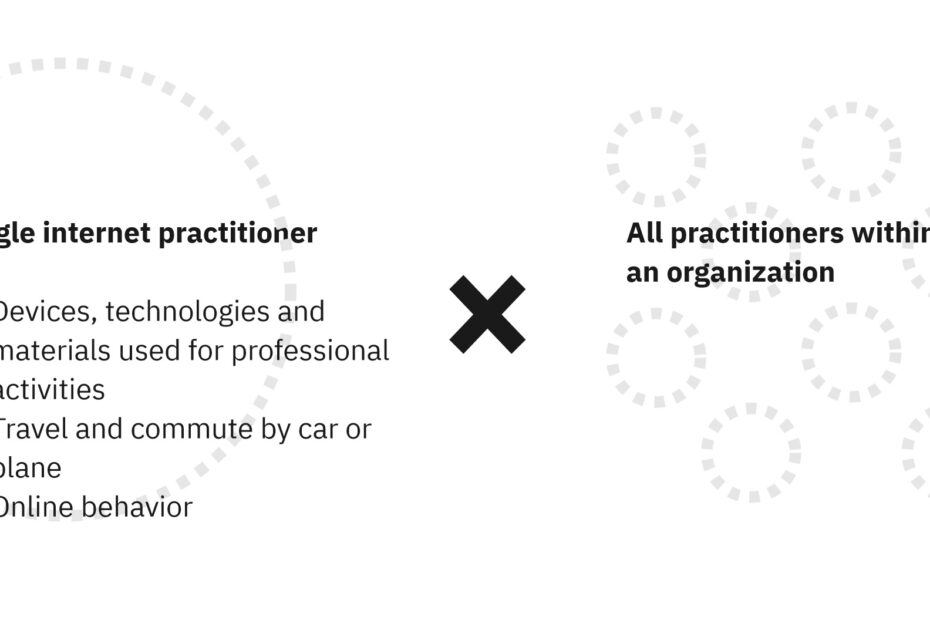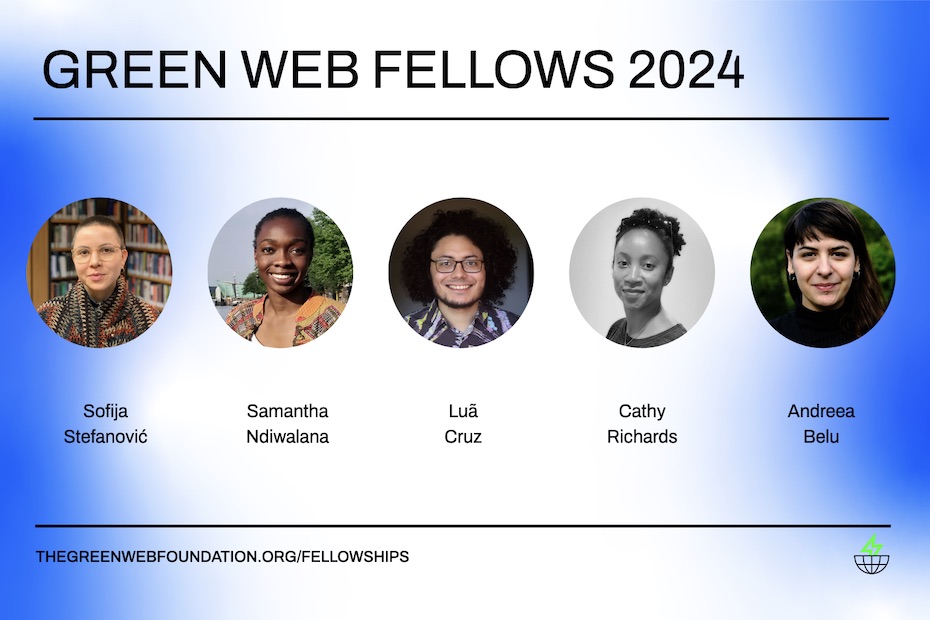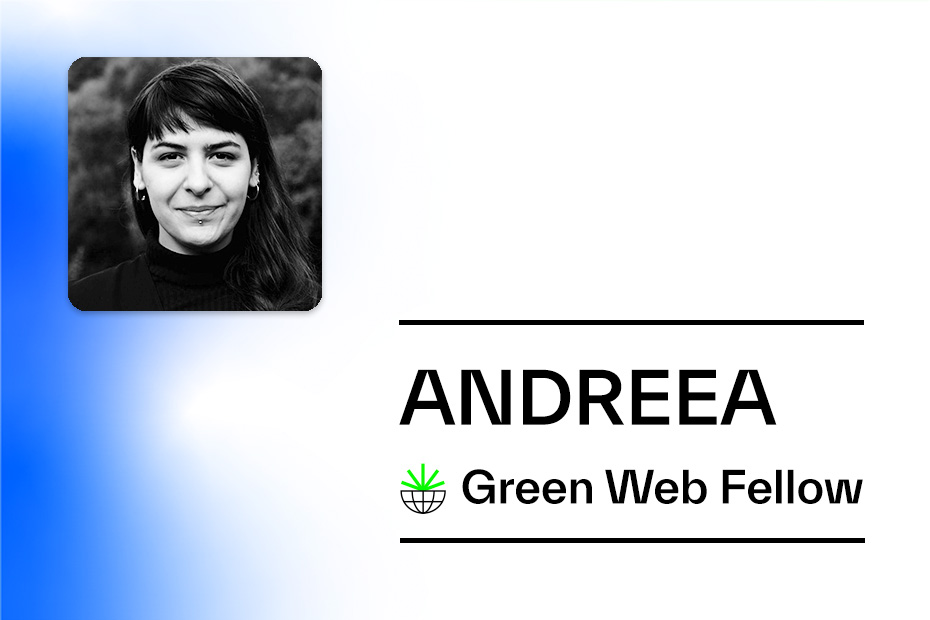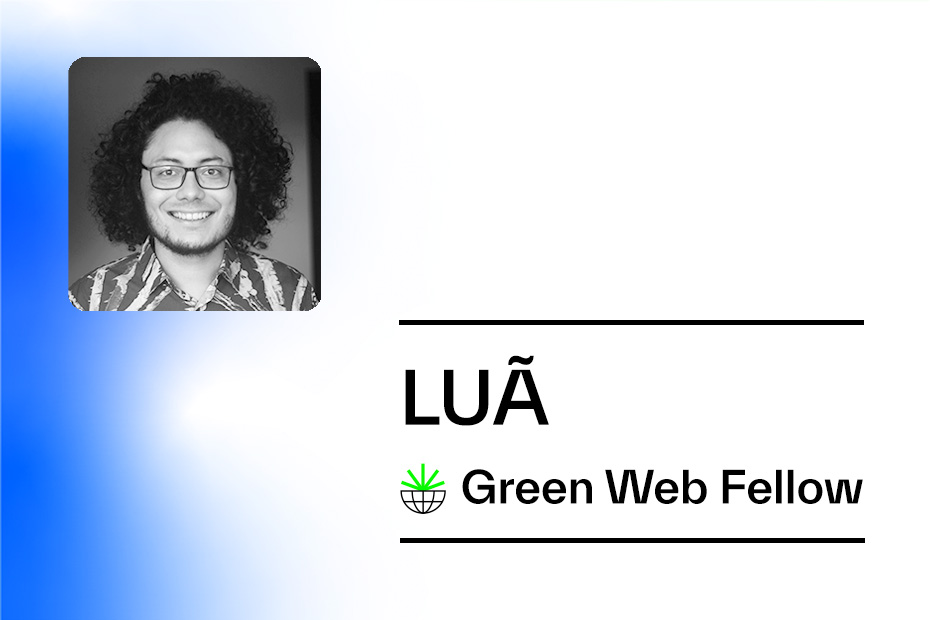The biggest change in my carbon footprint this year came from my decision to install an air conditioning system at home. It was a difficult decision, especially while discussing the subject of a sustainable Internet (especially after reading the recent IPCC report). But while I took the time to research before choosing the sustainable option at hand, I must say that after three years of working from home in a country where the heat is unbearable, it was a necessity.
As an Internet practitioner, thinking about my AC system has brought up a lot of questions about how I position myself within the problem, for example, by tracking my train of thought regarding sustainability, not only as a snapshot at a given time but as being in a journey to make sense of. But as we’ve discussed many times as a cohort, the goal is not to create a sense of guilt but of empowerment. This fellowship has allowed me to think about some of these things, so I want to share some ideas that have helped me in my thinking on how to navigate the many impressions related to technology and the need for sustainability.
#1. It’s good to start with the physical
We are, first and foremost, material beings. Despite the fact that the Internet creates a gap between the immaterial (the abstract ideas people see on a computer) and the material (the infrastructure and elements that serve that information), a good starting point in the process of teaching others about the subject of sustainability is their personal agency. This is, in a way, a constructivist approach to sustainability: we learn better about the things we can see and touch. This is why I decided to start the conversation about a whole industry with the individual: what we see, the footprint of our computers and how we drive around is a good starting point as we bridge the narratives towards the impact of the Internet. In the same way, we end by thinking about our communities, the places we can physically see and how they affect our surroundings.
#2. Sustainability is systemic
The impact of our decisions around sustainability and the carbon footprint is hard to measure, especially because it’s not easy to understand the ripple effects created by our work in the digital sphere. This can lead to either overvaluing our ability to create changes or believing that we’re not making a dent in the world with our actions. Organizational structures and the division of work make this even more difficult, as persons who work for a given industry may only have access to specific decision-making and agency. However, these are not reasons to dismiss our efforts, for two main reasons. First, personal actions can create a larger impact when they become part of the culture, and that is why narratives that account for scales and effects within social and technical systems are important. Second, the role of experts is very relevant because they help shape these systems at different levels, which is why I am interested in the concept of the middle-out approach.
#3. We must account for a variety of narratives
The spaces related to sustainability are open to a variety of voices. I’ve interiorized during my fellowship the idea that each of these voices shows different motivations and has different priorities. This is important because many perspectives we pose can be contested by others, such as where the responsibility lies such as personal carbon footprint, corporate accountability, or a need for degrowth, etc. Should we focus on reducing our personal footprint or ditch this view instead for a rally against capitalism? As we talk about the issues of justice and sustainability, we’ll find views that differ from our own. I believe this is okay since they are complex subjects. As long as we develop a joint idea of sustainability and a clear common language, we must cope with the fact that these views will compete and develop as we move forward.
#4. Technology can be both an aid and a stumbling block
Given that we’re building human life on top of the Internet (a technology), it is very easy to fall into the trap of solutionism: putting the technical as a priority above the human when solving our problems. I admit that I fell into its trap when trying to think of my fellowship project when thinking of building an emissions calculator and an organizational database, without thinking of the human stories and needs behind these ideas. But then the question stood up: what problem am I trying to solve? It wasn’t until I spoke to my friends and colleagues in El Salvador that I found the thing that I wanted to tackle: the Internet’s environmental impact is so close, yet feels so far from the work done over a browser on a laptop while sitting at a Salvadoran Starbucks. For this reason, I decided to think of tools to bridge this narrative chasm through my project.
#5. Our power is not our expertise but our narratives
We might feel tempted to feel like a fly in a thunderstorm when considering our role in the large digital industries, or in other words, hopeless and irrelevant. But the reality is that we are more than technical experts; we’re human. And as such, our true potential to enact change comes from the narratives we can share with our peers. The fact that the Internet allows for a wider variety of voices, and that industries are hiring people from different parts of the world, opens up the space for new narratives to enter the scene as we shape the Internet and its digital services. As a friend once told me, we need to bring the right people into the right spaces. And this applies to sustainability as we explore its sources and impacts in developing countries.
Moving forward
Sustainability is akin to global health, and therefore, dynamic in nature: once we attain it, we’ll need to keep getting better at it. As I said at the beginning of this fellowship, I believe that sustainability is the assurance of a just future. Having an AC installed is something to keep in mind, but it’s not the most important aspect of my personal and professional sustainability. As we create awareness of our actions and effects, we can think of better ways to communicate our sensibility as part of building a healthier environmental culture.



